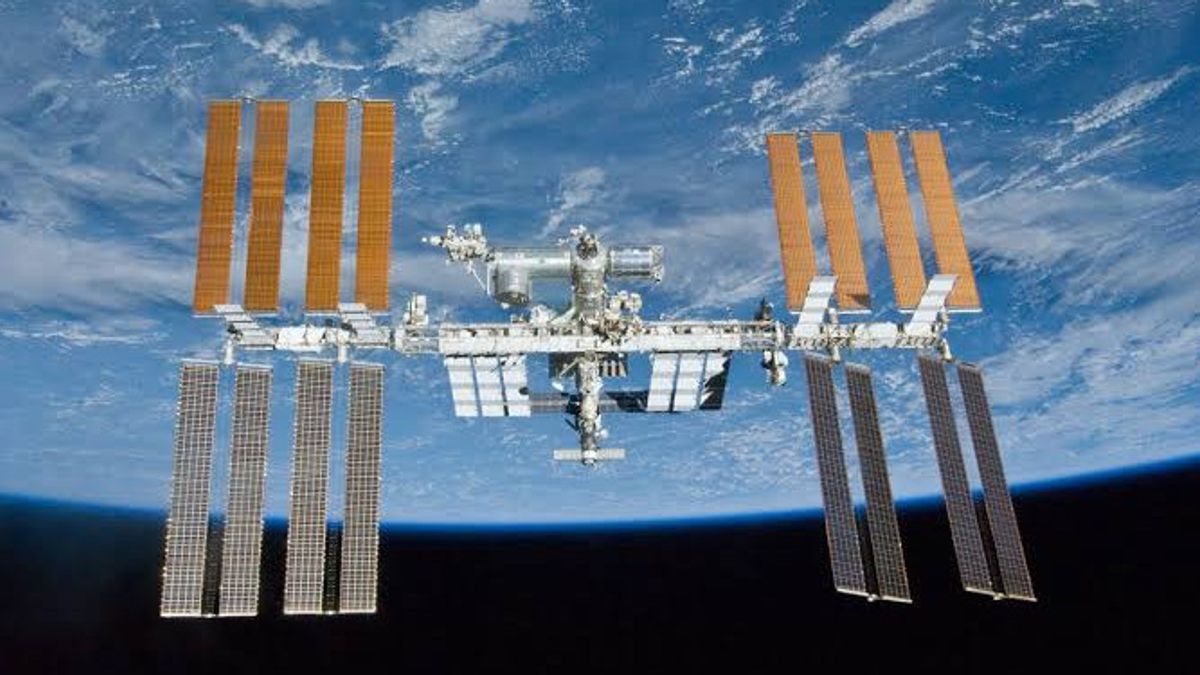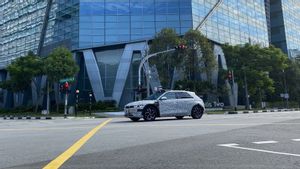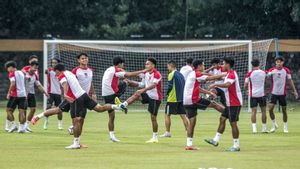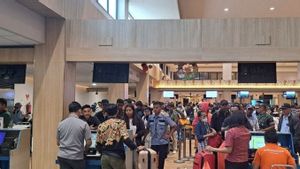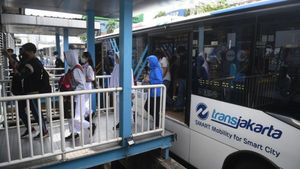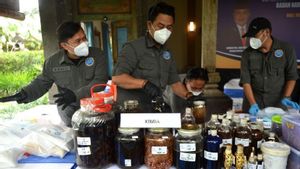JAKARTA - Various impacts emerged after Russia's invasion of Ukraine yesterday, one of which made relations between the United States (US) and Russia tense. Sparking concerns about the two countries' longstanding partnership on space.
However, it seems that this conflict has no effect on the space field. This is because both NASA and Russia say they are still working together to keep the International Space Station (ISS) operational, as they have done during past international turmoil.
NASA and Russia's state space company Roscosmos jointly operate the ISS, which has become a major destination for astronauts from America, Russia, and other countries around the world.
The two have close space relations, Roscosmos and NASA have worked together on the ISS for nearly three decades now, but the US-Russia partnership goes further than that.
Such as operating Russia's former Mir space station, swapping seats on NASA's Space Shuttle and Russian Soyuz rockets, and even cooperating during the Apollo era on the Apollo-Soyuz test project.
Consistent communication between the two organizations is critical to the safety of the ISS crew, even as tensions flare. Currently, seven people live on the ISS, including four NASA astronauts and two Russian cosmonauts. NASA states that nothing has changed regarding the ISS schedule.
“NASA continues to work with State Space Corporation Roscosmos (Roscosmos) and our other international partners in Canada, Europe, and Japan to maintain the safe and sustainable operation of the ISS. NASA and its international partners have maintained a sustainable and productive human presence on the ISS for more than 21 years," said NASA spokesman Josh Finch.
Of course, this isn't the first time Russia and the US have clashed on the ground, but they still continue to work together in space. NASA and Roscosmos continued to work together on the ISS during the 2014 invasion of Crimea and even after Russia blew up its own satellite, creating debris that threatened the ISS.
SEE ALSO:
At the time of the Crimea invasion, NASA sent a memo to employees telling them to suspend contact with representatives of the Russian government.
Travel to Russia was suspended for NASA workers and Dmitry Rogozin, a deputy prime minister in 2014 who now heads Roscosmos, was personally sanctioned, preventing him from entering the US.
NASA was in a much more precarious position in 2014. The space agency just retired the Space Shuttle in 2011, and without the vehicle, NASA would have no way of sending people into space.
So, for years, NASA relied on Russian Soyuz rockets to carry its astronauts to and from the ISS. The agency was unable to completely distance itself from Russia during its invasion of Crimea because it desperately needed Roscosmos.
The English, Chinese, Japanese, Arabic, and French versions are automatically generated by the AI. So there may still be inaccuracies in translating, please always see Indonesian as our main language. (system supported by DigitalSiber.id)
